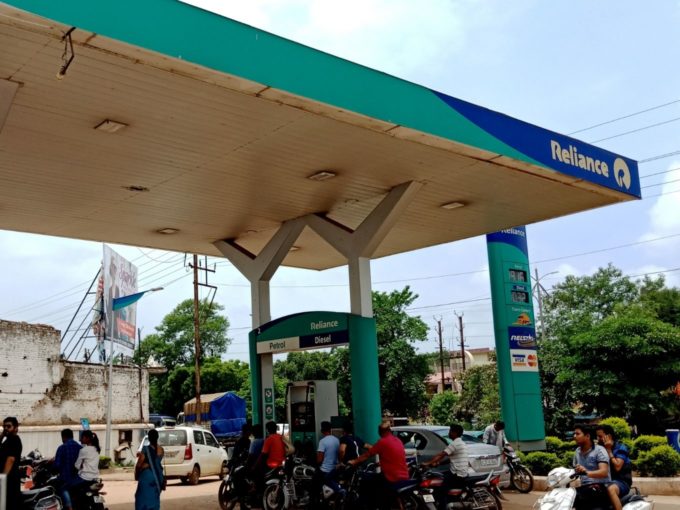Reliance says it is looking to build an optimal mix of reliable, clean and affordable energy and storage using hydrogen, solar, wind, fuel cells and battery
Last year, Reliance had said that it would work with BP to provide new-age mobility solutions to Indian consumers
The conglomerate is looking to combine its digital, power electronics, advanced materials and electrochemistry expertise to build full-stack electrolytes and fuel cell solutions in India

Indian conglomerate Reliance Industries (RIL), on Monday (February 22), announced its move to switch from fossil fuel to new energy and new materials.
In its presentation on the proposed reorganisation of O2C business of the company, RIL claims that it will turn into a net carbon zero company by 2035. It is currently looking to build an optimal mix of reliable, clean and affordable energy and storage, using hydrogen, solar, wind and batteries. RIL aims to accelerate the transition to a hydrogen economy, with plans to develop a portfolio of advanced and speciality materials.
The company claims to have built the largest and most complex single-site refinery at Jamnagar, with a crude-refining capacity of 1.4 Mn barrels per day (MMBPD). RIL also says that it is in talks with Aramco, a state-owned oil company from Saudi Arabia, for one of the largest downstream transactions in India, alongside its FDI plans for India’s fuel retail sector.
RIL’s 51:49 joint venture with energy partner BP at an enterprise value (EV) of $2 Bn is being carried out at the Krishna Godavari Dhirubhai 6 (KG-D6) block. Further, the duo previously had claimed to be working on developing new-age mobility solutions for Indian consumers.
RIL’s oil-to-chemical (O2C) plans more or less mirror its last year’s AGM announcement, where RIL chairman Mukesh Ambani had reportedly said that the company was developing high-value proteins, nutraceuticals, advanced materials and fuels. “We will develop next-gen carbon capture and storage technologies, where we are evaluating novel catalytic and electrochemical transformation to use (the) carbon emitted as a valuable feedstock,” he said.
He had also said that the company would be looking at combining its digital, power electronics, advanced materials and electrochemistry expertise to build full-stack electrolytes and fuel cell solutions in India. But it is still not clear whether the company will develop batteries for electric vehicles (EVs) or just storage batteries for the power generated from wind, solar and other renewable energy sources.
Reliance’s O2C business proposition comes at a time when petrol prices are skyrocketing (nearly INR 100/litre) across the country. At the launch of the ‘Go Electric’ campaign last week, transport minister Nitin Gadkari highlighted the benefits of EVs and the EV charging infrastructure, pointing out if 10K EVs are brought into use in Delhi, about INR 30 Cr per month spent on fuel can be saved and it will also reduce pollution. “I will make electric vehicles mandatory for officials of my department,” said Gadkari.









